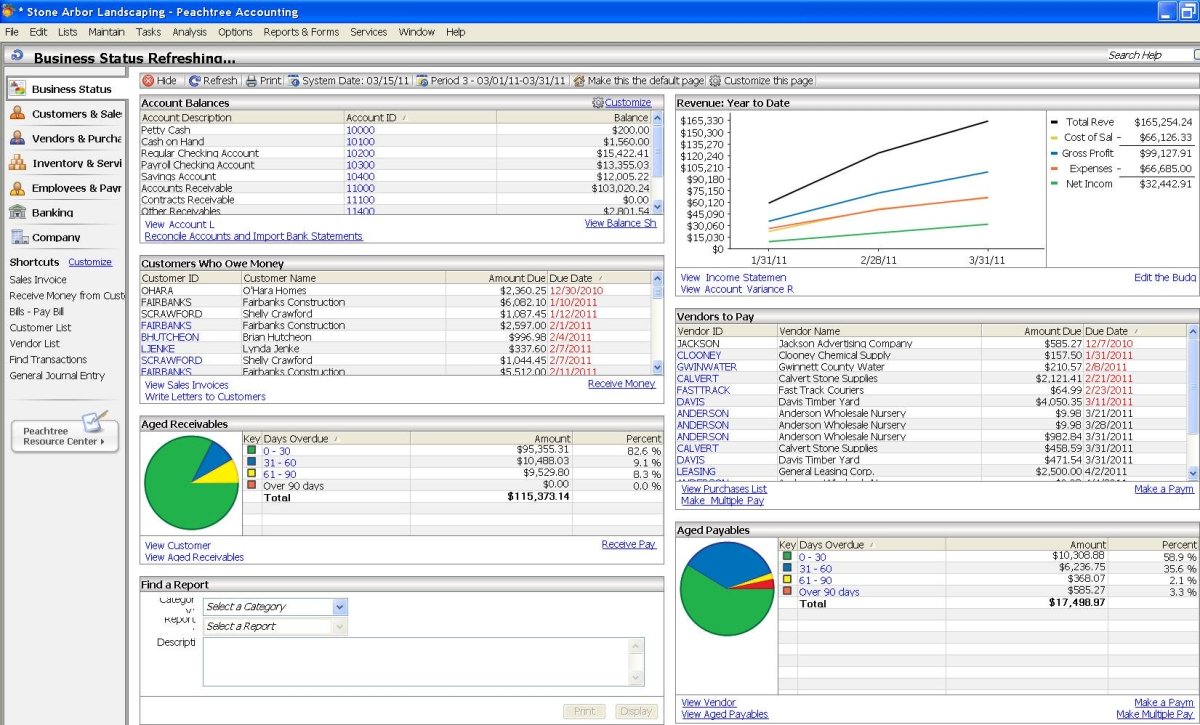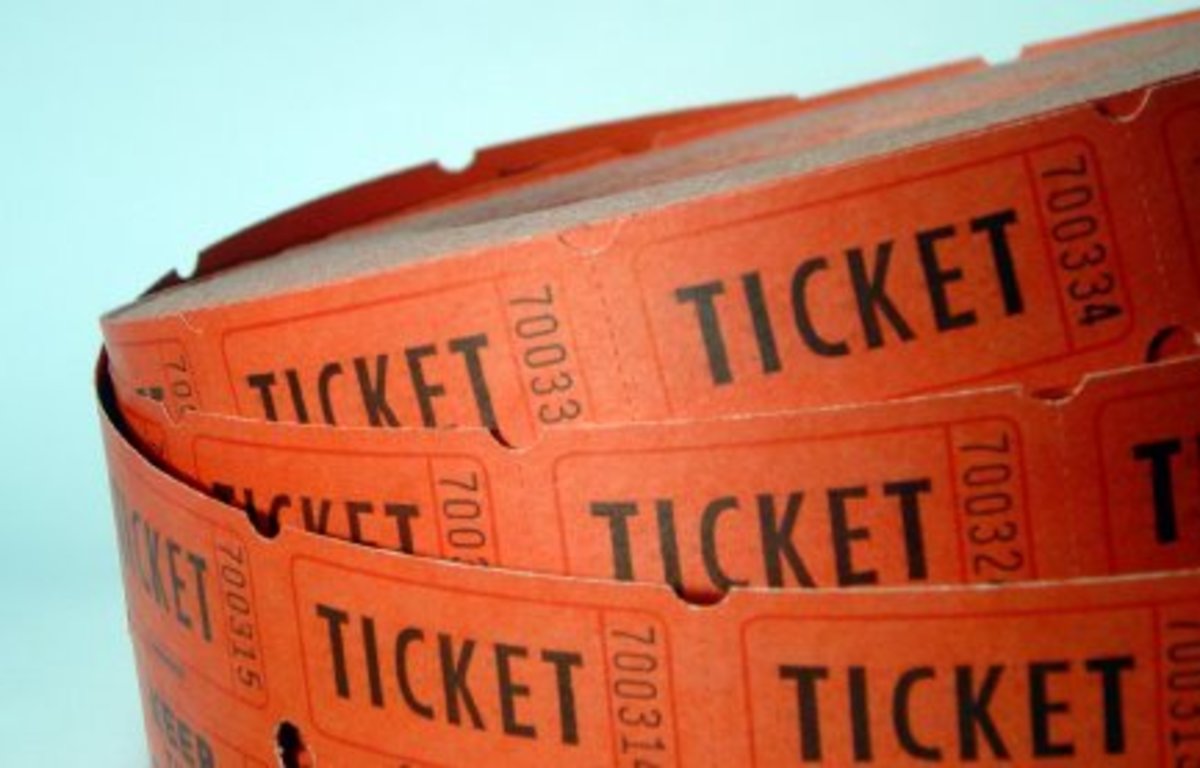How to Buy a Business? Here's a beginning process...
It's a Secret...

So, you are considering buying a business, now what?
In a previous post I posed the question "Should you buy a business?" Since you are reading this Hub I assume you feel like it's worth taking a look.
There will be some challenges finding a business for sale since most of the good businesses for sale are not publicly advertised. Confidentiality is very important to most business owners and they don't want anyone to know their business is for sale. Obviously, if the owner doesn't want you to know that the business is for sale you will need to be persistent and creative in order to buy a good business. A good rule of thumb is, the better the business the more sensitive the business owner is to confidentiality issues.
Where do you start when you want to buy a business?
I am often asked what is required to buy a buy a small business. In this post I will talk about the first step, which is .....How do you find which businesses are for sale? The 3 methods I'll discuss are the primary paths people take when they decide they want to buy a company. Make no mistake about it, finding a good small business to buy is a lot of hard work with no guarantee you'll be successful. Also, where you want to buy a business is important. As you might expect you'll find many more businesses for sale in Houston, Texas then you will in Italy, Texas (yes, there is an Italy, Texas)
Often times people want to turn their hobby into a business. Just in case you're thinking about it, here are some things to think about if you decide that you want to turn your hobby into a business.
Method 1
Simply ask small business owners. Don't overlook franchises and don't be surprised when some businesses that don't look like franchises actually are franchises and are locally owned by people just like you. If you go into a store or do business with a company you feel like would be a good fit for your skills you can look up the name of the owner (try using Manta which is a good business directory) and simply contact him/her with the question, "Would you have an interest in selling your business?". Because most business owners don't want anyone to know they are thinking about selling their business you might want to tell the owner your situation. They may think you are a competitor or vendor or someone else they wouldn't want to know. This is somewhat of a needle in the haystack theory but I have seen it work from time to time.
Method 2
Start calling bankers, accountants, lawyers and anyone who has business owners as clients and ask them if they know of any business owners who might have an interest in selling their business. Before you head down this path you will need a good idea of what size and type of business that interests you and also you'll need a good idea of what size business you can affordand how you will finance the business purchase. Many businesses are purchased using finance from the Small Business Administrations loan guaranty program.
Method 3
Contact business brokers in your area to determine what businesses they represent for sale. This method is generally pretty efficient because the business owners who have listed their business for sale with a business broker have committed to sell their business. If you are buying a business you always want to work with a seller who truly wants to sell the business. The seller normally is paying the business broker fee but make sure you understand who the broker is representing any any costs involved. The down side is the business broker is likely able to generate interest from several buyers and you will need to make a competitive proposal. Also, the business broker is a professional at negotiations and you might find your self in a position of negotiation that you aren't comfortable with. (Full disclosure, I am affiliated with Sunbelt Business Brokers who have businesses for sale nationwide.)
What Do You Actually Buy When You Buy a Business?
What is Due Diligence?
Due Diligence as it relates to your efforts to buy a business is the investigation of and verification of what you've been told and more importantly what you haven't been told. Depending on the business you buy you will need to investigate a wide range of items that could materially impact the future of the business. Examples, if you are looking at a retail store does the State have plans to widen the road? Would that be harmful? If you are looking at a machine shop are there any environmental issues? Were oils allowed to leak into the soil?
Each business is different, your job is to identify possible problems and investigate the issues to determine if there are any problems that could negatively impact the future earnings of the business. Please keep in mind that the existing problems in a business have already impacted the business profits. The question in due diligence is are there unknown problems that will do harm to the business in the future. The current problems have likely already done the harm and the owner profits reflect that.
This due diligence process can also form the basis of your Business Plan. It is a good idea to start your business plan before you begin your search. This will allow you to fill in information as you proceed. It's a good idea to get some good business planning software to help you with your analysis.
In order to due basic due diligence on the business you'll need some knowledge of basic small business accounting, here's a good reference book Small Business Accounting Made Simple,
Good luck with your search and feel free to send me any questions in the comment section below.
What size business can you afford?
You might try any of the above alone or in combination but you should be prepared before you start. It's a good idea to first meet with a bank lender that provides SBA financing. In all likelihood your best financing will come from an SBA guarantee lender and you should know what size lend you are qualified for before you begin your search. You don't want to waste your time or other people's time looking at businesses you can't afford.
A good rule of thumb is that the amount of down payment (before borrowing any money) you have will be equal to the historical annual profit generated by the business you might qualify to buy.
Example: If you have $50,000 for a down payment you will be able to by a business that has a net profit history of approximately $50,000. FYI- There is a method where you can gain access to your 401k/IRA for a down payment without triggering tax penalties.








